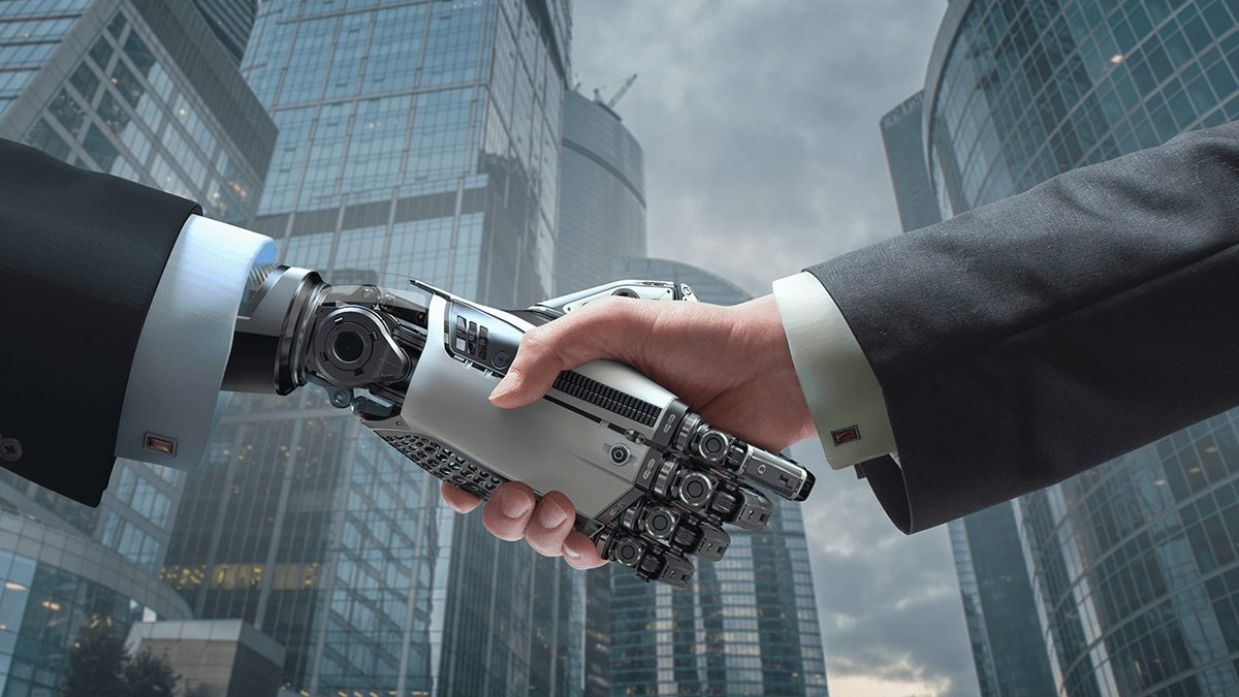
As artificial intelligence (AI) transforms numerous industries, it is also transforming the real estate industry. AI possesses the potential to improve the ways data is evaluated and decisions are made, but experts believe it is critical to have a human touch, especially when making large transactions like acquiring a house.
Perks of Using AI for the Real Estate Business
eXp Realty LLC, a real estate broker, has recently taken steps to add AI to its business by hiring people who are certified in AI. These agents want to use AI to speed up processes and give customers and Realtors more accurate suggestions. By using AI’s skills, they hope to make the process of getting a home faster and more data-driven.
AI as a Data Processor
Pierre Debbas, who is a co-managing partner at Rommer Debbas LLP, says that AI is a useful tool for processing data. AI can handle a huge amount of knowledge about many properties, the market, government rules, interest rates, and the changing tastes of people who want to buy a home. Realtors can give their clients better advice about buying a home because they can process info in a more complete way.
The Human Factor
Even though AI could be helpful, real estate experts like Kirsten Jordan from Douglas Elliman say that people might not feel comfortable leaving such a big financial choice up to AI alone. For many people, the personal link and emotional side of buying a home are still very important. Most buyers might not be ready to trust AI with a big purchase like a house yet because they want the reassurance and knowledge that human Realtors offer.
Getting Ideas from past attempts at AI
When we look back at past attempts to use AI to automate the buying and selling of houses, we can learn from them. Companies like Zillow’s iBuy program, which used algorithms to guess prices, had to deal with problems. The program was ended because it wasn’t possible to correctly predict future home prices and losses. This shows how technology can’t replace the emotional ideas that real estate professionals have about how to value property.
The Right Balance of New and Old
AI definitely offers opportunities for efficiency and insights based on data, but real estate workers must find a balance between using AI’s abilities and keeping the human element. AI may bring small changes to the real estate business for most people, but those who want a more personalized and high-end experience will still prefer to work with human agents.
AI’s Impact on Real Estate in Cities

AI will likely have a bigger effect on real estate in cities, where the number and variety of properties mean that people need to use technology faster to stay ahead of the competition. Realtors in cities will have to adapt to a changed market in order to stand out and offer clients something special.
As artificial intelligence (AI) grows increasingly prevalent in the real estate industry, it becomes evident that the human touch is still required when making major decisions such as purchasing a home. While AI can provide realtors with statistics and insights, the most crucial aspects of the home-buying process remain emotional and personal. Real estate professionals will need to strike the correct balance between technology and people if they are to thrive in an ever-changing world.
Also Read: Belarusian Red Cross Admits Relocating Ukrainian Children









Leave feedback about this